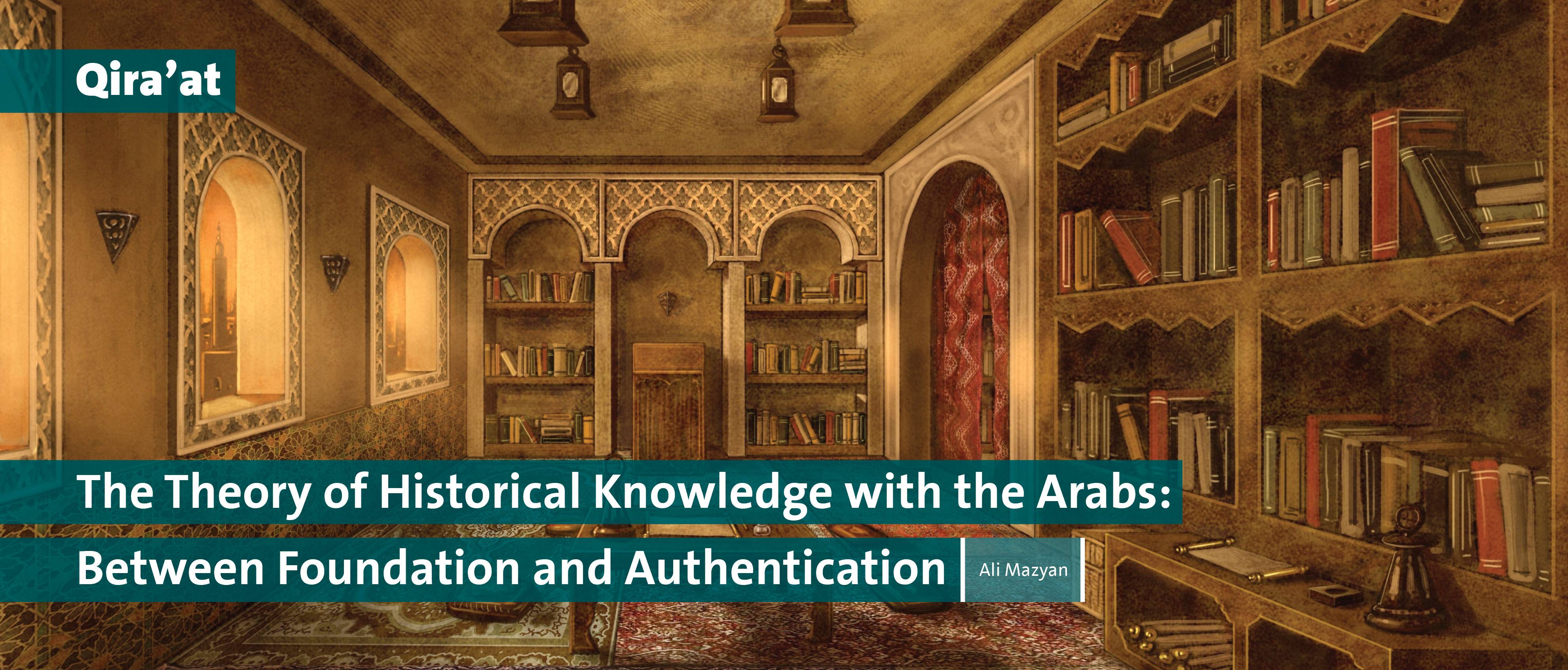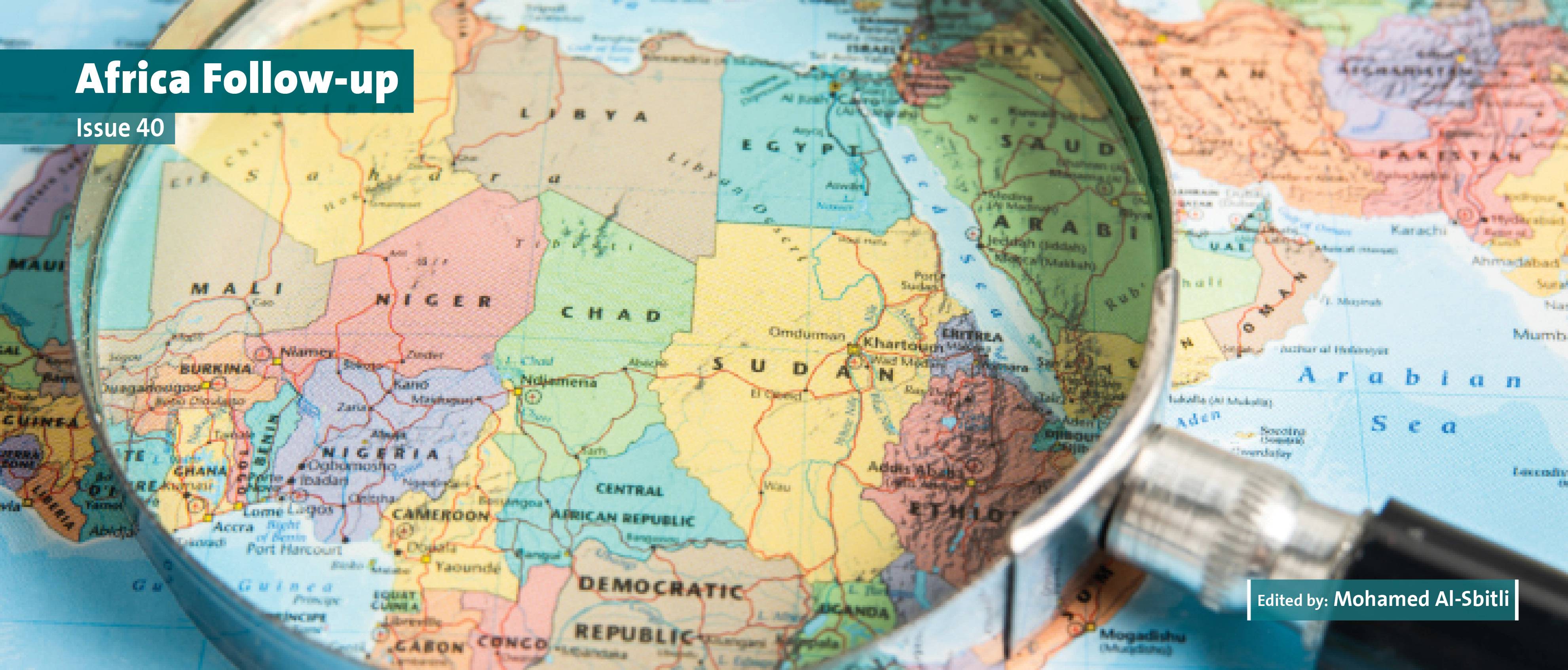Research Papers

Number:
Author: Mark C. Thompson and Naif Alharthi
Financial literacy signifies the ability to make financial decisions based on informed reasoning. Thus, an individual who is financially literate has the foundation of a healthy relationship with money. This report considers the extent that Saudi youth are aware of the importance of financial literacy, and whether they have been equipped with the required knowledge to adopt effective financial literacy practices. The report also documents the contemporary financial habits of young Saudis to ascertain who or what is shaping Saudi youth behavior when it comes to saving and spending. In sum, this report delves into the tapestry of young Saudis&rsq

Number: 17
Author: Brett Bowden
The Empire of Civilization was prompted by a series of recent calls for new standards of civilization to help us add order to our sometimes chaotic world. Influential advocates have outlined a range of perceived benefits this might bring for the global human condition. But they have given little consideration to the downsides of such a course of action. This oversight is particularly disconcerting given that the language of civilization comes with so much baggage. The terrorist attacks of September 11, 2001, and the subsequent launch of the global war on terror—a war that the most powerful man in the world at the time, United States President George W. Bush, saw a

Number:
Author: Mark C. Thompson and Naif Alharthi
Hajj is the pilgrimage to the holy city of Makkah, which every adult Muslim must make at least once in his or her lifetime. A person who leaves their home for Hajj is considered to be in a state of pilgrimage until they return home and is thus considered a guest of Allah for the entire duration of their journey. Because it thus provides spiritual cleansing and mental rejuvenation, every Muslim wishes to participate in this journey. Completing the pilgrimage is often described as a profoundly transformational experience, or—to use the popular term—“the journey of a lifetime.” In truth, the significance, scale, and intensity of the Hajj cannot be o

Number:
Author: Marc-Etienne Lavergne
This study examines the southern region of the Red Sea through a comparative analysis of its two shores. The initial description outlines the physical environment, characterized by elevated mountains flanked by arid coastal regions on either side. Somalia and Yemen serve as battlegrounds for local forces, comprising either traditional movements rooted in tribal affiliations or newer factions categorized as terrorists, operating under various Islamic identities (e.g., Al Shebab, Houthis).
A comparison of the operating modes of these groups in the Red Sea and surrounding areas is presented, focusing on high sea piracy in Somalia and drone and missile attacks on vessels in Yemen.&nbs
2024-10-06
| Histories of Sinophone Islam in Macau: A Tapestry of a Multi-ethnic Muslim Community
72
2024-10-06
| Histories of Sinophone Islam in Macau: A Tapestry of a Multi-ethnic Muslim Community
72

Number: 72
Author: Hung Tak Wai
Since the fifteenth century, Macau has enjoyed the status of being one of the major entrepots of international commerce in Asia. Despite the historic and deeply rooted involvement of Muslims in inter-Asian maritime trade, however, historians have rarely acknowledged the longstanding history of the Muslim community there. The absence of a detailed study of Macau’s Islamic community probably stems from the prevalence of the Portuguese and, therefore, Catholic colonial presence and its associated legacy of religious intolerance. The surprising thing is that it was the Europeans themselves who brought Islam to this enclave: Macau’s only mosque and Muslim cemetery, together known a

Number:
Author: Fatuma Ahmed and Kathryn Langat
This paper analyzes Kenya's non-alignment strategy, highlighting its interactions with major global powers such as the USA, China, and the European Union, as well as its relations with regional and global actors. The study starts by examining the historical foundations of Kenya's foreign policy and outlines key periods that have influenced its current direction. It then conducts reflecting on Kenya's experiences. The paper concludes by offering valuable lessons on the benefits and challenges of non-alignment in policymaking and international diplomacy.




